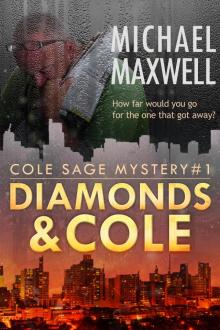 Diamonds and Cole: Cole Sage Mystery #1
Diamonds and Cole: Cole Sage Mystery #1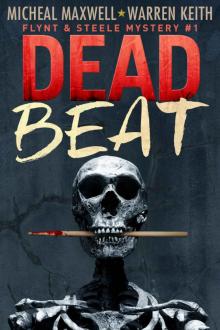 Dead Beat
Dead Beat![[Cole Sage 03.0] Helix of Cole Read online](http://i1.bookreadfree.com/28/cole_sage_03_0_helix_of_cole_preview.jpg) [Cole Sage 03.0] Helix of Cole
[Cole Sage 03.0] Helix of Cole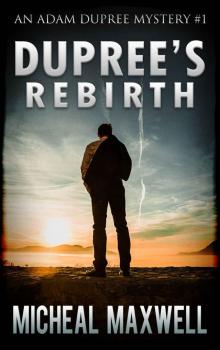 Dupree's Rebirth
Dupree's Rebirth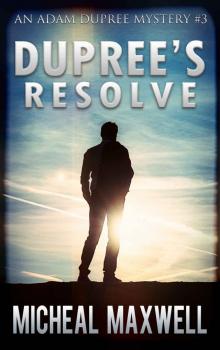 Dupree's Resolve
Dupree's Resolve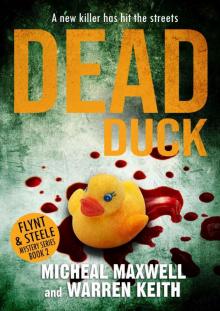 Dead Duck
Dead Duck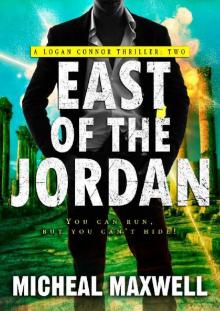 East of the Jordan (A Logan Connor Thriller Book 2)
East of the Jordan (A Logan Connor Thriller Book 2)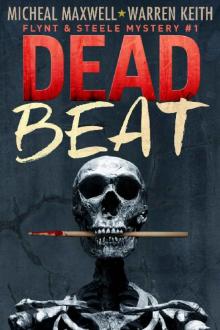 Dead Beat (Flynt and Steele Mystery Book 1)
Dead Beat (Flynt and Steele Mystery Book 1)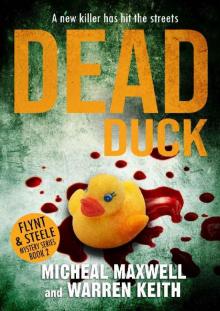 Dead Duck (Flynt & Steele Mysteries Book 2)
Dead Duck (Flynt & Steele Mysteries Book 2)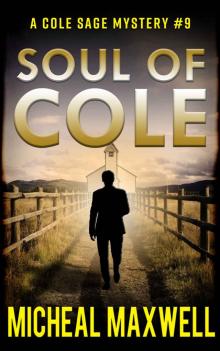 Soul of Cole
Soul of Cole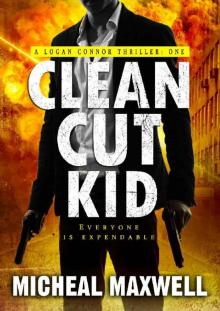 Clean Cut Kid (A Logan Connor Thriller Book 1)
Clean Cut Kid (A Logan Connor Thriller Book 1)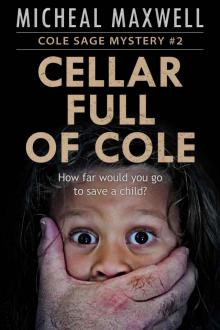 Cellar Full of Cole: A Cole Sage Mystery #2
Cellar Full of Cole: A Cole Sage Mystery #2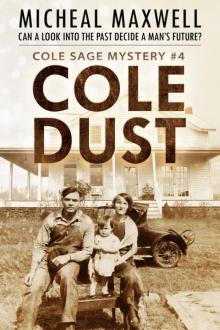 Cole Dust Cole
Cole Dust Cole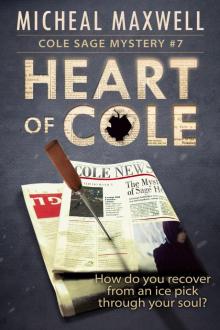 Heart of Cole
Heart of Cole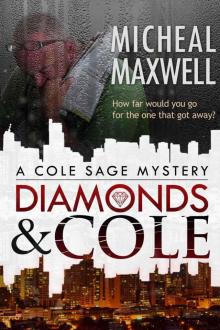 Diamonds and Cole: A Cole Sage Mystery
Diamonds and Cole: A Cole Sage Mystery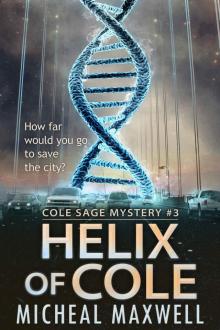 Helix of Cole
Helix of Cole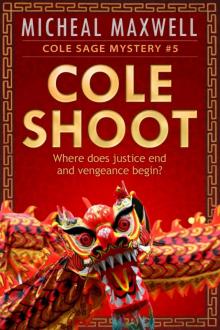 Cole Shoot
Cole Shoot